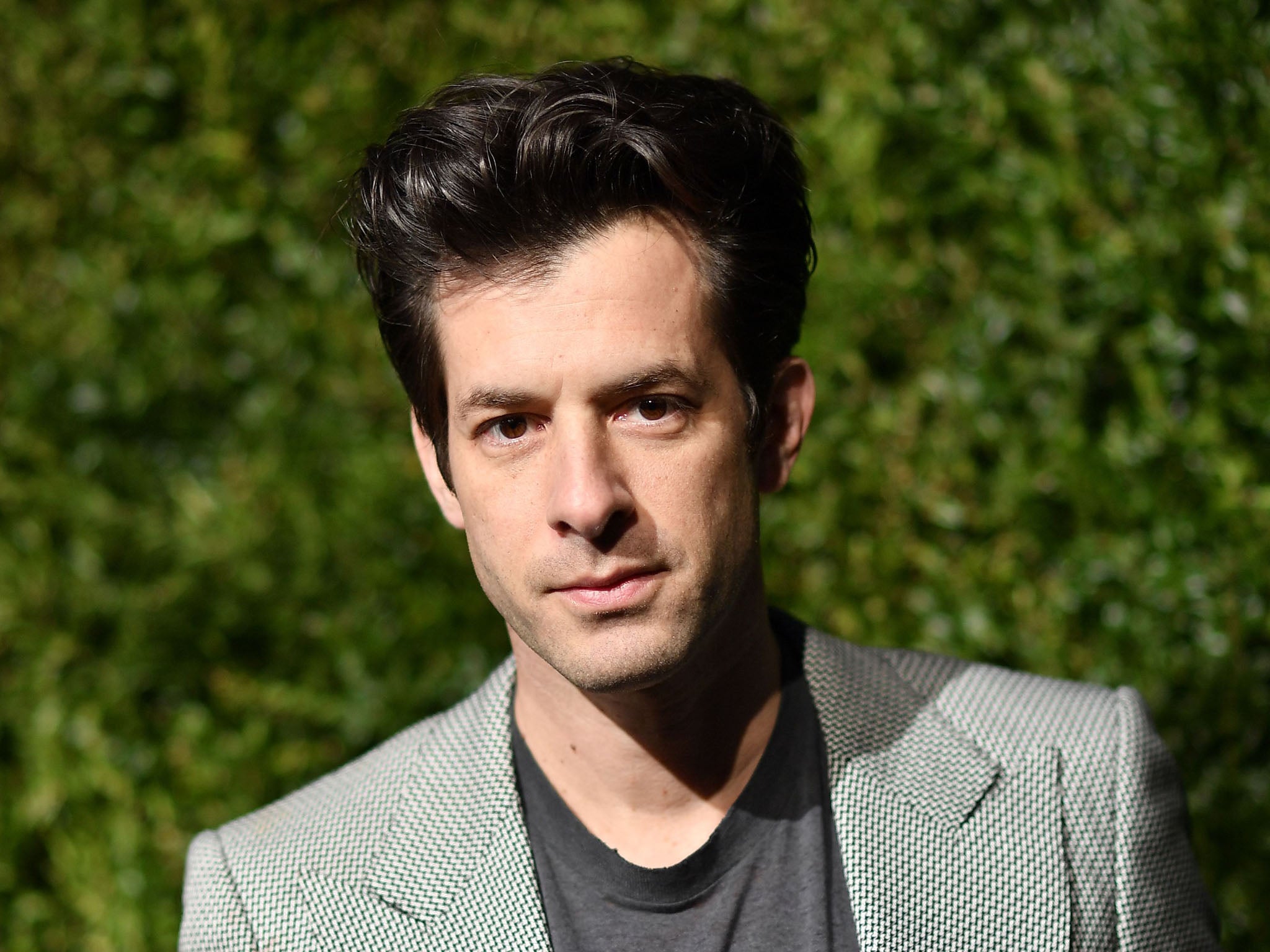Mark Ronson, Late Night Feelings review: Sad bangers album has hooks that just keep coming
Where some emotional cohesion is lost from the revolving door of female vocalists, Ronson makes up for in DJ-savvy textural variety

Your support helps us to tell the story
From reproductive rights to climate change to Big Tech, The Independent is on the ground when the story is developing. Whether it's investigating the financials of Elon Musk's pro-Trump PAC or producing our latest documentary, 'The A Word', which shines a light on the American women fighting for reproductive rights, we know how important it is to parse out the facts from the messaging.
At such a critical moment in US history, we need reporters on the ground. Your donation allows us to keep sending journalists to speak to both sides of the story.
The Independent is trusted by Americans across the entire political spectrum. And unlike many other quality news outlets, we choose not to lock Americans out of our reporting and analysis with paywalls. We believe quality journalism should be available to everyone, paid for by those who can afford it.
Your support makes all the difference.“Oh God, two soulless creatures interacting” reads the most popular comment beneath a new Amazon commercial in which Mark Ronson asks Alexa to “follow” him.
So why do people think the 43-year-old musician/producer/DJ is soulless? It’s probably a combination of the privileged transatlantic upbringing, slickly coiffed looks, and the global chart success he’s achieved buffing retro sounds (from the girl group shoop of Amy Winehouse’s Back to Black to the back-slapping Eighties brass of Bruno Mars’s “Uptown Funk”) with an equally slick 21st-century polish.
The fact Ronson doesn’t sing much is also part of his PR problem. We judge the authenticity of a pop artist’s narrative by their vocals and remain suspicious of those who don’t wear their hearts on their trembling semibreves. So Ronson has embarked on a comprehensive round of interviews to connect us to the story behind his fifth solo album, Late Night Feelings. He’s been honest about his fear of failure after the success of “Uptown Funk” (3.5 billion streams and counting) and about the “drinking”, “floundering” and rebound relationship that followed the break-up of his marriage in 2017.
He’s demonstrated his commitment by having the album’s cover art (a broken mirrorball heart) inked onto his arm and has described the result as a series of “sad bangers”, on which a revolving door of female vocalists (A-listers, indie darlings like Angel Olsen and unsung songwriters) deliver heartbroken lines over big, shiny beats and synths. The emotional cohesion the record loses in its shifting cast of singers/songwriters/genres it makes up in DJ-savvy textural variety.
You’ll already have heard “Nothing Breaks Like a Heart”, on which Miley Cyrus channels the quavering, fearless bluegrass spirit of her godmother Dolly Parton over a briskly plucked guitar. Ronson’s production is so sharp that you all but see the steel strings rise like a high-definition hologram from your speakers. It’s a style that makes fans of vintage engineering wince, but snags the ear like a fishhook. And those quicksilver hooks just keep coming.
There’s the silky, Seventies pulse and steel-pan-and-fluttering-flute tropicality of the title track featuring Lykke Li; the chunky block chord attitude of “Truth”, on which Alicia Keys and The Last Artful, Dodgr punch forward for “renovation, innovation” through a squirm of synth funk; then the “Cloudbusting” drums/“White Lines” bass of “True Blue” with woozy-moody yearnings from Olsen. Rising star YEBBA gives an uncompromising gospel tinge to the bass strut of “Knock Knock Knock” while Diana Gordon (who scored six co-writing credits on Beyoncé’s Lemonade) breathes chiffon soul over “Why Hide”.
There’s a theory that our word for “soul” derives from the proto-German word “saiwaz” for sea. It morphed into the idea of the flow between spirituality and physicality. And if Ronson has a consistent flaw it’s that his sound remains too clean and dry. I’d like to hear the odd drink spilled on his dancefloor. But – with dancefloor-fillers like this – I can see why he wouldn’t want to risk that.
Join our commenting forum
Join thought-provoking conversations, follow other Independent readers and see their replies
Comments